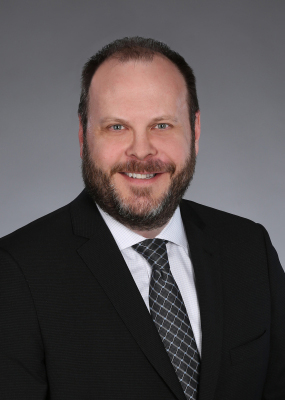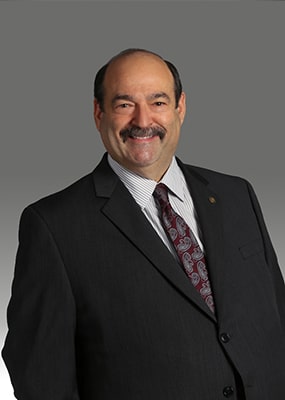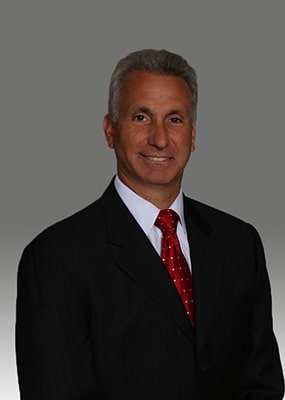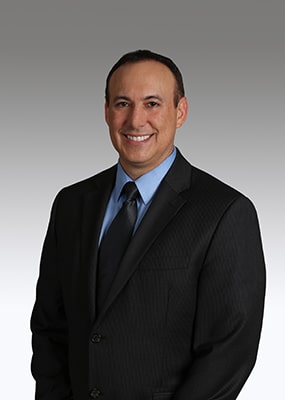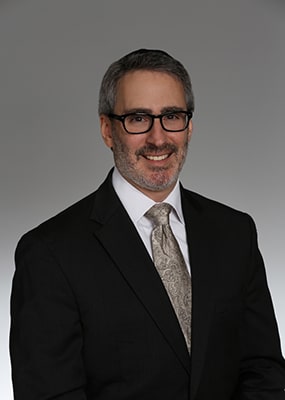
As a land use lawyer, I'm the one who usually deals with the tough stuff after the purchase of a property, the kind of real estate law that people who aren’t in the business really do not need to know unless it happens to them. But I want to discuss something else with you – let’s talk about how it is that you find and relocate your family to Florida ---without having to see someone like me later. And, trust me, it would be great to not have to see me. If you're relocating to South Florida, probably the first thing on your mind is a house for you and your family. And of course, the name, Boca Raton comes to mind. But you'll soon find out that just like where you came from, you're relocating to a region, and that region is probably somewhere between Fort Lauderdale and West Palm Beach. And there are all sorts of little neighborhoods, and all sorts of little niches to consider for your family home. If you have children, the first thing you're going to be thinking about, of course, is schools – and you'll take your own deep dive into that. However, if you're a couple, the first thing you're probably thinking about is amenities – country clubs, golf courses, tennis, etc. Or if you’re more prone to go out and about as your leisure time activity, you may be thinking about the small towns that are dotted along the ocean, the towns that provide for walking streets, restaurants, and nightlife. In any case, once you have narrowed it down and you determine what it is that you want, you're going to be in the South Florida System for buying a house. What is that the South Florida System? Initially, you're going to see is a lot of pretty pictures and a lot of broad smiles. But let’s go beyond that. As I've said, the unfortunate thing is, you might see a person like me if you don't make the right choices. So, let's talk about some of those things that are going...



